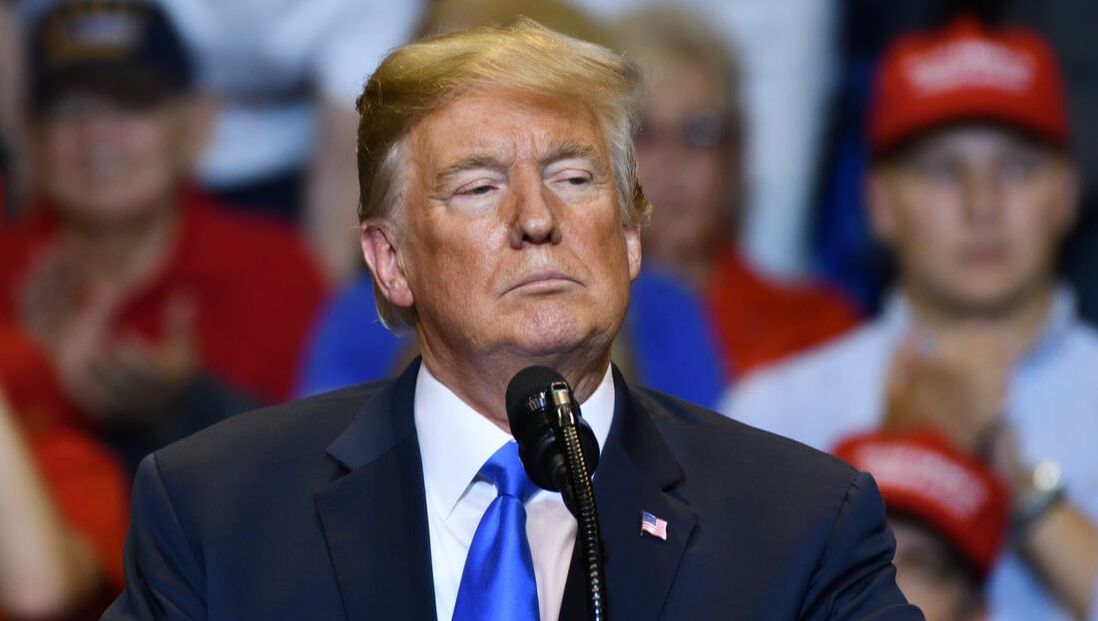|
Since 2016, the American Civil Liberties Union has filed 400 legal actions against the Trump Administration. Yet, true to form, it became the first major institutional voice to defend the former president’s right to speak after Judge Tanya Chutkan of the D.C. Circuit issued a gag order against him.
On Oct. 17, Judge Chutkan issued an order prohibiting the former president from “making any public statements, or directing others to make any public statements, that target (1) the special counsel prosecuting this case or his staff; (2) defense counsel or their staff; (3) any of this court's staff or other supporting personnel; or (4) any reasonably foreseeable witness or the substance of their testimony.” The ACLU, in turn, submitted a motion for leave to file an amicus brief, arguing that the gag order is vague and overbroad, and urging the court to narrow its scope and application. It does not argue that all gag orders are unlawful, only that this specific one is too broad, vague and should be limited in its reach. In general, gag orders can “implicate the public’s and litigants’ First Amendment rights.” They threaten our right of access to courtroom proceedings (particularly concerning for a case with this level of public importance and scrutiny), while functioning as prior restraints on speech, largely disfavored by the courts. According to the ACLU, the first major problem here is the court’s use of the word “target,” which the organization asserts is “unconstitutionally vague.” They write: “The entire order hinges on the meaning of the word ‘target.’ But that meaning is ambiguous and fails to provide the fair warning that the Constitution demands, especially when, as here, it concerns a prior restraint on speech.” The First Amendment, the ACLU explains, dictates that restrictions on speech must be “clearly defined and narrowly framed.” The word “target” could refer to its most “menacing implications,” but it also means merely identifying people or issues in the case. As such, the defendant ex-president “cannot possibly know what he is permitted to say, and what he is not.” The ACLU also asserts that the order is overbroad, encompassing a public official (special counsel Jack Smith) as well as the “substance” of witness testimony, which will inevitably involve issues pertinent to the 2024 election, in which the former president is a declared candidate. As the ACLU notes: “Attempts to gag speech that addresses how the special counsel is conducting his work on the grounds of ensuring the proper and impartial administration of justice, unduly undermine public discussion on matters of public concern that is at the heart of what the First Amendment protects.” Courts have an obligation to safeguard the judicial process, ensure a fair trial for the defendant, and protect the safety of court personnel, witnesses, lawyers for both the prosecution and defense, and jurors. But those legitimate needs do not obviate the constitutional necessity of protecting free speech rights – even those of a controversial former president. A properly limited gag order in pursuit of that goal may be appropriate in this case. The First Amendment does not protect speech like incitement to violence and threats, but any restriction on the defendant’s ability to speak must be carefully tailored to meet the free speech requirements of the First Amendment. A willingness to protect the speech rights of someone with whom you vehemently disagree is the mark of a true constitutionalist. ACLU executive director Anthony Romero said, “No modern-day president did more damage to civil liberties and civil rights than President Trump, but if we allow his free speech rights to be abridged, we know that other unpopular voices — even ones we agree with — will also be silenced.” Protect The 1st commends the ACLU for standing up for speech – even if, for many of its donors, it may feel wrong. Comments are closed.
|
Archives
June 2024
Categories
All
|
ABOUT |
ISSUES |
TAKE ACTION |



 RSS Feed
RSS Feed